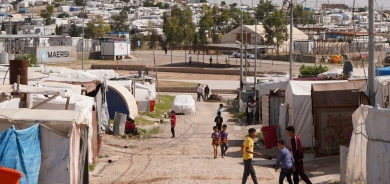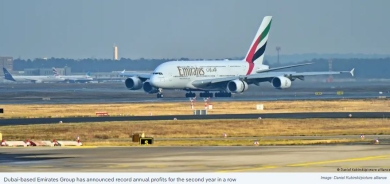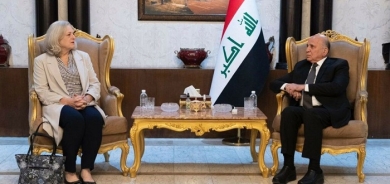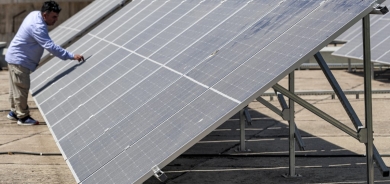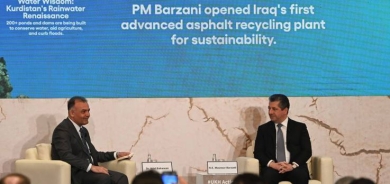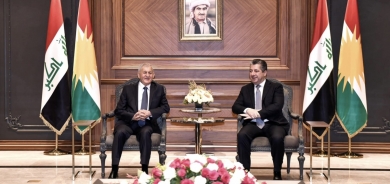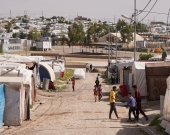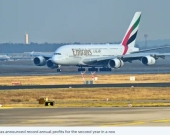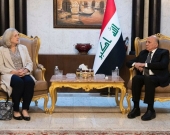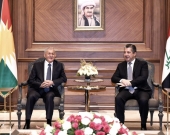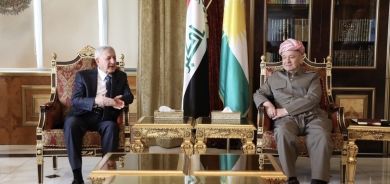Turkey closes border gates with Syria to all traffic as security conditions worsens
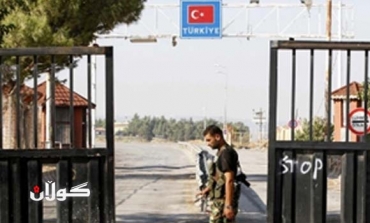
Syrian rebels seized control of several gates on the Syrian side of the frontier over the last week in their 16-month-old uprising against President Bashar al-Assad.
The closure will halt the passage of vehicles between Turkey and Syria. Refugees from Syria, who have been fleeing into Turkey in their thousands to escape the conflict, cross the border through smuggling routes.
Tensions along the border were fuelled by the shooting down last month of a Turkish military reconnaissance jet by Syrian air defenses.
Ankara, which previously had close ties with Damascus, subsequently increased its military presence, sending anti-aircraft missiles to the border and scrambling planes when Syrian aircraft came close to Turkish territory.
Wednesday’s move will close the only three border gates that were still open, at Cilvegozu, Oncupinar and Karkamis, the unnamed official said.
The official said Customs and Trade Minister Hayati Yazici would make an announcement on the decision at 0800 GMT.
Crossing the border had become increasingly hazardous for truck drivers involved in trade between the two countries. They faced the constant risk of being targeted by combatants or caught in the crossfire between the two sides.
Turkish Prime Minister Tayyip Erdogan said this week the uprising against Assad was “closer than ever to victory” and warned Turkey will respond firmly to any hostility from Syria.
Turkey has called for Assad to quit after he failed to heed calls for reform and the country has harbored Syrian rebels and tens of thousands of refugees along its border with Syria.
Syria’s uprising started when political protests in March 2011 met a harsh government crackdown. As dissent spread and the death toll rose, many in the opposition took up arms and the conflict transformed into a civil war.
Syria’s position as a geographic and political crossroads for the Middle East and beyond has given its conflict resonance far beyond its borders.
The U.S. and many Western nations have said that Assad must go, while Russia and China have stood by the regime and protected it from international condemnation by the United Nations Security Council.
Iran also counts Assad as a close ally and a bridge to the Lebanese militant group Hezbollah, which it funds and arms. On Tuesday, the commander of the Iran’s powerful Revolutionary Guards, Gen. Masoud Jayazeri, warned of retaliation if any Arab countries intervened in Syria, The Associated Press reported.
Despite rising condemnation of Assad, no country appears ready to intervene militarily to push him from power. Still, a Syrian official on Monday threatened that Syria could use chemical or biological weapons if it were attacked from outside.
Russia on Tuesday rebuked Syria for the threat, reminding Damascus that it had ratified a global convention banning the use of chemical weapons. A foreign ministry statement said Syria must “unfailingly honor its international obligations.”
In Israel, which shares a closed and hostile border with Syria, the military chief warned his own government that an Israeli attack on Syria's chemical weapons depots could drag the Jewish state into a broader war.
Israeli officials have expressed fears that chaos in Syria could allow non-conventional weapons to reach those who would use them against Israel.
Israel must move cautiously to avoid “a broader offensive than we planned,” Lt. Gen. Benny Gantz said, according to the army’s website.

